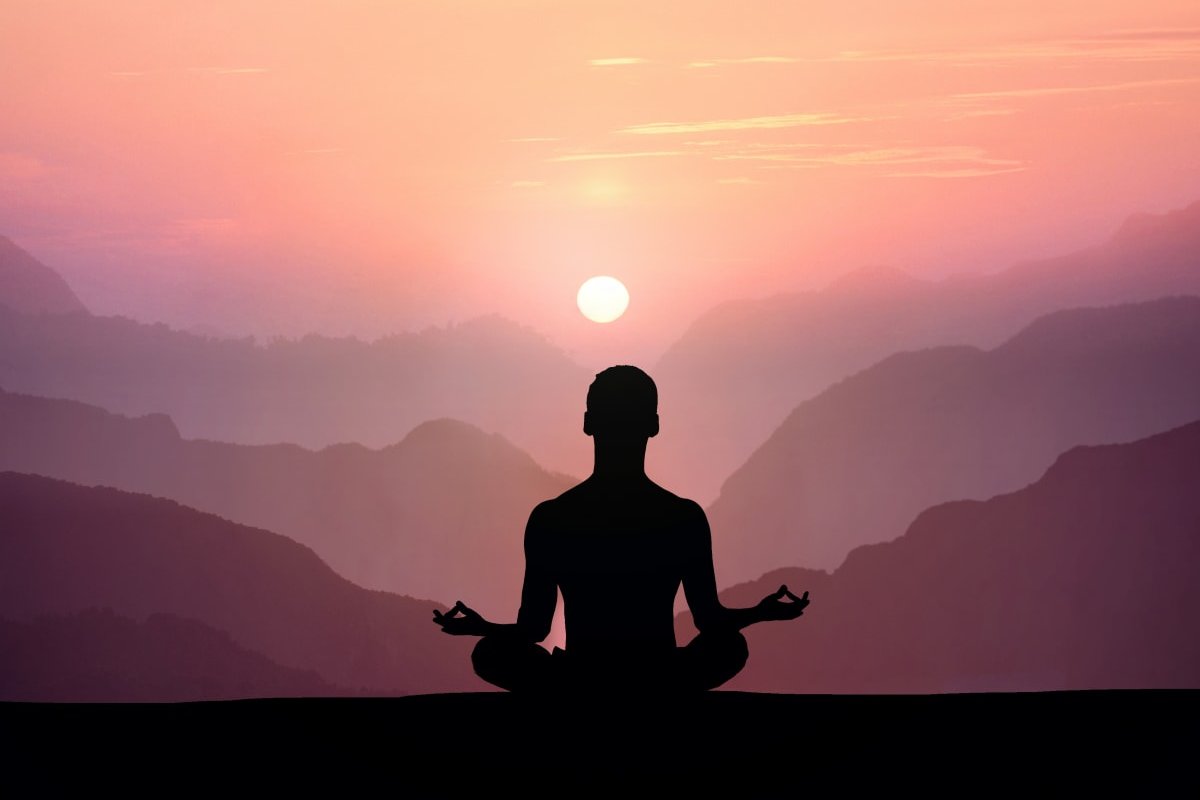
Yoga and Fundamentalist Christianity — Monica Byrne
Laurette Willis lives with her husband on a beautiful ranch in the Ozark foothills of northeastern Oklahoma
By Monica ByrneMay 18, 2006
Laurette Willis lives with her husband on a beautiful ranch in the Ozark foothills of northeastern Oklahoma. A self-identified fundamentalist Christian, she believes in salvation by grace, accepting Jesus as her personal Savior, and the infallibility of Scripture as the Word of God. An inspired entertainer, she performs one-woman plays ranging from Great Women of the Bible to Great Women of the Oil Fields. Her website brims with self-produced inspirational DVDs, cassettes, and books. She offers keynote addresses, personality training, and motivational speeches. In other words, she is something of a celebrity in the fundamentalist community.
Over the past few years, Willis has taken a very public stance against a trend that is sweeping across America. This time it's not drugs or rock'n'roll — it's yoga. While it's not remarkable that a fundamentalist Christian would bristle at the upsurge of what is perceived as a pseudo-spiritual movement, it is remarkable that, through Willis, fundamentalist Christianity could produce its own alternative to yoga: PraiseMoves.
Willis's program is a Christian incarnation of yoga, complete with "Walkin' Wisdom Warm-Ups," "Scripture Sequences," and "What Would Jesus Do? Relaxation Time" — her answer to yoga stretches, vinyasa flows, and meditation. She has authored a book on the subject, Basic Steps to Godly Fitness, and produced a workout DVD. Since its introduction, PraiseMoves has enjoyed enormous popularity in the fundamentalist community. Last year, Willis trained nearly sixty instructors across the country to offer classes in their own places of worship. More are currently in training, and the program is soon expanding to England and Singapore.
The enthusiasm from Willis's DVD, website, and abundant promotional materials is infectious. "Transform your workouts into worship — with PraiseMoves!" she exclaims. Each pose in her program is a physical and spiritual meditation on Scripture. For example, says Willis, "during the standing posture known as The Angel, we're stretching one leg back, stretching the hamstrings and reaching the arms up and forward slightly, lifting up the torso through the crown of the head. At the same time we're focusing on the scripture from Psalm 91:11, For He shall give His angels charge over you to keep you in all your ways."
This new wave is spreading elsewhere in the Christian community, from Southern Baptists in Virginia to United Methodists in Alabama; yoga classes are becoming a regular fixture of churches' extracurricular offerings. But not an isolated phenomenon, it seems that the practice of yoga among Christians simply reflects trends in the greater United States. According to a 2003 Yoga Journal survey, in America, a massive 12 percent of the population is "very or extremely interested in the practice of yoga" - and nearly half are Christian.
However, Willis — a former yoga student and instructor who underwent a profound conversion experience — asserts that yoga is inextricable from Hinduism and also perhaps a Trojan horse for New Age agendas. Certainly yoga evolved in relation to Hinduism, and in a yoga studio, figurines of Patanjali, the mytho-historical author of the Yoga Sutras, are commonplace. In some classes, instructors also light incense and play music featuring Sanskrit lyrics that praise Hindu gods.
Yet yoga has advanced so quickly in the Western mainstream that its practice has fragmented into interpretations as many and varied as the instructors themselves. Increasingly, Hindu influence is the exception rather than the rule. According to a pioneering survey conducted out of the Royal Melbourne Institute of Technology, for example, the vast majority of yoga enthusiasts in Australia practice yoga for fitness reasons rather than in the interest of spiritual or mental enhancement.
In America, too, yoga is developing into a purely secular medium. It's also in high demand, as attested to by the multiple daily classes at YMCAs, gyms, corporate fitness facilities, and spas. As Lauren Mechling has reported in the New York Times, some yoga studios have even turned into social clubs, with parties and wine tastings accompanying classes. Yoga classes at YMCAs or university gyms are usually sportier than those found at traditional studios, with offerings like power yoga or yoga-Pilates "fusions." There, techno-trance beats replace devotional music; and one smells not incense, but sweat.
But even these seemingly innocuous incarnations are dangerous for Christians, says Willis, who holds that any belief system not explicitly sanctioned in Scripture is a potential threat to her fellows' moral compasses. Instead, perfect freedom is found within, and only within, the Word. It is all the more amazing, then, to observe how this conservative brand of Christianity produced its own creation to address a new need — the need for the benefits imparted by yoga.
PraiseMoves is an example of just that: a new adaptation to a changing world. It would thus seem that evolution has a place in fundamentalist Christianity after all.
Monica Byrne is a writer, improviser, and yoga instructor living in Chapel Hill, North Carolina. She can be reached at monica.resources@gmail.com.

